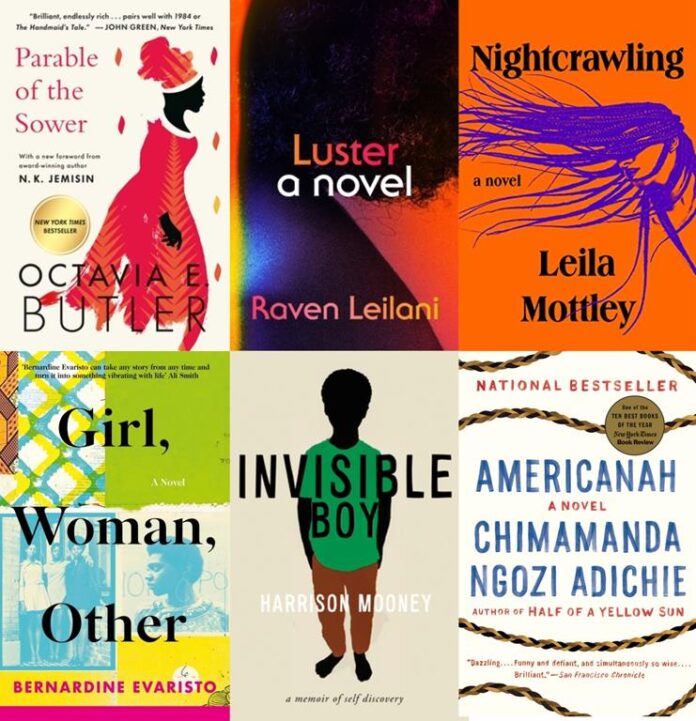While I am All About Love, February is more than a single day for the possibility of romance — it is Black History Month — 29 days of encouragement to reflect upon and uplift the contributions of Black people, wherever you may find yourself. While we look back to the people who came before us, we must also find time to think about the present and where we currently stand.
For me, Blackness is a rich inheritance. It offers me eyes that easily pick out other Black people in the throng, ears that flower open at the sound of a Black voice, a mind that craves art made by Black people, and fingers that yearn to write my Black story. I enthusiastically follow local Black artists around like a groupie (my first crack at journalism was out of pure passion for Emily Carr graduate, Rebecca Bair), and I arm myself with the Black feminist teachings of bell hooks, Angela Davis, Audre Lorde, and Maya Angelou.
With that in mind, I’m eager to share with you a curated list of six novels that are very much informed by the compounds of my identity: my womanhood; my Nigerian heritage; my upbringing in Abbotsford; but they are also stellar journeys and colourful depictions of contemporary Black life. These are not single stories of an oppressive past, but tales that span the diaspora of our present and propel us into the future. Said best by Octavia E. Butler, “I wrote myself into the world.”
Americanah — Chimamanda Ngozi Adichie
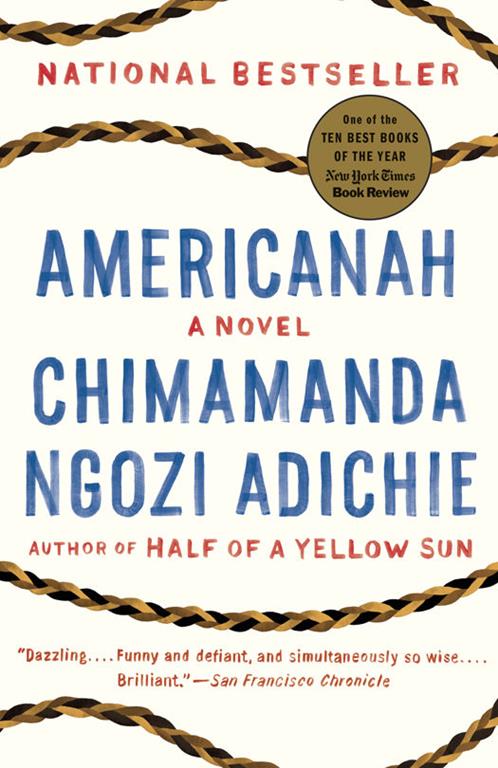
I first came across Chimamanda Ngozi Adichie through her TED Talk, “The danger of a single story” in which she presented her experience of becoming Black in America. Born and raised in Nsukka, Nigeria, she, like me, was left transformed after reading Things Fall Apart* by Chinua Achebe. An accomplished writer, she received the Commonwealth Writers Prize in 2005 for her debut novel Purple Hibiscus.* Her second novel Half of a Yellow Sun, was an international bestseller and adapted into a film in 2013.
Americanah is Adichie’s third novel. A mirror to some of her personal experiences, the protagonist, Ifemelu, moves to the U.S. for university and encounters racism for the first time. Ifemelu’s star-crossed lover, Obinze attempts to unite with her but battles the surveillance bureaucracy of a post 9/11 America, eventually becoming an undocumented immigrant in the U.K. Through years of separation that bred differing understandings of place and identity, Ifemelu returns to Nigeria and to Obinze, but can their divides be bridged? Americanah explores contemporary issues of migration, identity, and calls out the performative nature of some Diversity, Equity, and Inclusion (DEI) initiatives. As Canada encounters “reverse migration” and DEI functions as a political and cultural buzzword, Adichie brings a valued perspective in a time of rampant virtue signalling.
Luster — Raven Leilani
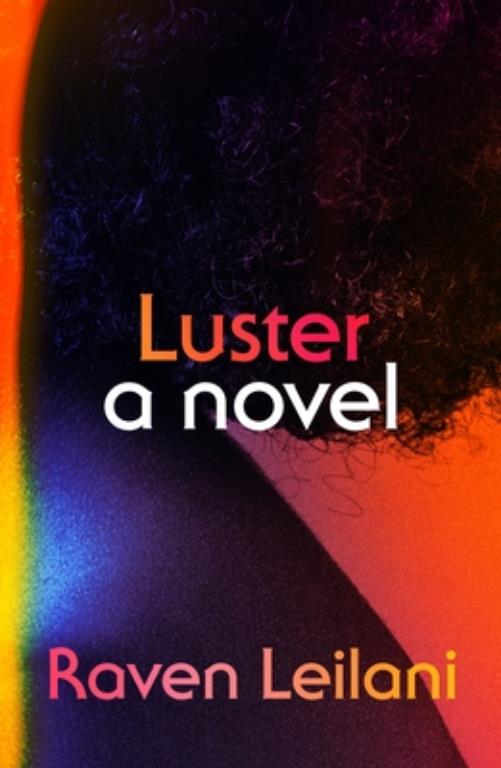
I used to frequent the aisles of the West End Community Center library, when the quiet of living alone split my eardrums, in search of authentic stories about being a young woman. Ones that would be honest and impure and messy; that had nothing to do with the moral righteousness of what a young woman should be. As the tips of my fingers traced through the stacks, I fell upon a bound black book with a radiance of colour on the cover. The covert coiled curls signaled all that I was looking for, and I delved into a reading experience that offered me so much more than I expected. The book was Luster by Raven Leilani, a 33-year-old author who completed her MFA at New York University (NYU), and was named in the 2020 National Book Foundation’s “5 under 35.”
Leilani’s debut novel follows Akila, age 23, through an evolving workplace affair with a white male superior who is in an open marriage. Beginning in fraught sexual tension with a prose that realizes the idiosyncrasies of physical intimacy, through Akila we explore relations to power that intersect race, gender and sex, giving a voice to Black female sexuality that is raw and taboo. Akila’s growing curiosity for the couple’s adopted Black daughter complicates this unconventional arrangement, breathing life into the complex inner workings of the modern family and the layers of class that define us.
Nightcrawling — Leila Mottley
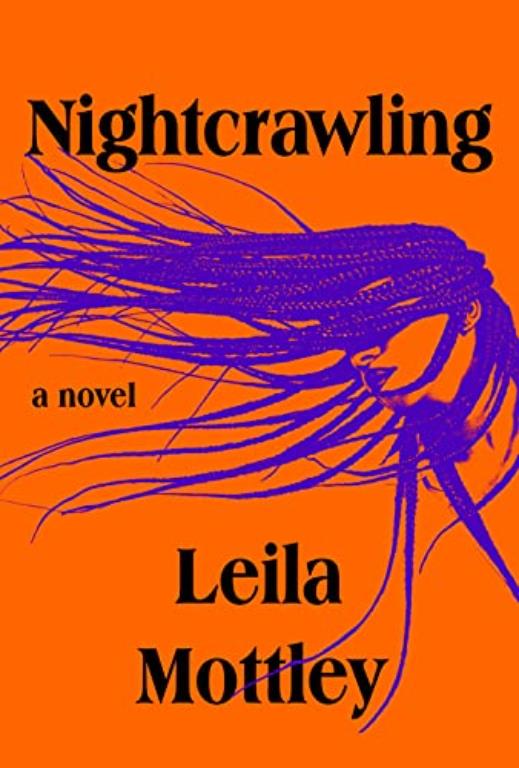
Oakland native Leila Mottley was 19 when she wrote her first novel, Nightcrawling, inspired by an accusation of female exploitation against her local police department. Centering a systemically disempowered woman trying to survive in Oakland, California, Mottley mirrors the processes of Toni Morrison; by leaning into the discomfort of her situation, she found the strength to tell a profound story — one that landed her on The New York Times Bestseller list and longlisted for the 2022 Booker Prize.
Kiara Johnson is a highschool dropout battling a system that has a legacy of jailing and killing her kin. Kiara works tirelessly to keep herself, her brother Marcus, and the boy next door housed in an apartment slum of East Oakland. While Marcus chases a “rags to riches” rap star pipe dream, Kiara is ensnared in the dangerous industry of nightcrawling, becoming tied up in a case against authorities as a key witness. Mottley writes a strong Black female character chock-full of agency. If you’re unfamiliar with advocate and scholar Kimberlé Crenshaw and her term “intersectionality,” then Nightcrawling may be the crash course you need to understand how compounding systems of domination can lead to disenfranchisement.
Girl, Woman, Other — Bernardine Evaristo
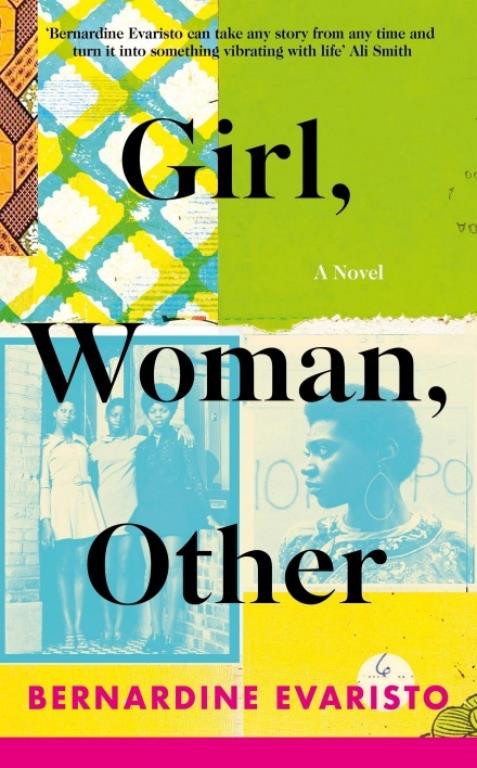
This novel was given to me on the last brunch I had with a close friend the day before I left Vancouver. We met at the cafe, nestled between heritage apartments covered with sprawling vines. “I saw this and thought of you,” she said, pushing the 400-page novel towards me. The cover was like a colourful quilt, with photos and print stitched and etched together. I had no idea that I was being gifted the novel that won alongside Margaret Atwood’s sequel to The Handmaid’s Tale, The Testaments, for the acclaimed Booker Prize. When I began reading it some months later, I saw the art on the front as a foreshadow to the fiction that lies beneath: lyrical, poetic, makeshift, and standing tall in its own right.
Girl, Woman, Other, begins with Amma, a lesbian theatre director, on the opening of her play at the National Theatre. Through a series of episodes, the reader is brought into the lives of 12 British women with varying degrees of connection. The novel explores the intersections of race, sexuality, history, and socio-economic background, spanning decades. Evaristo ties her characters together with an invisible string that wraps itself around the lived experience of the contemporary woman.
Invisible Boy — Harrison Mooney
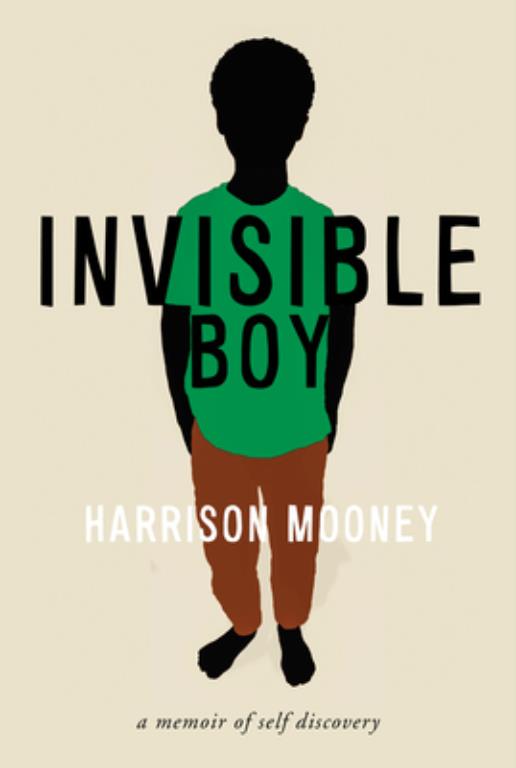
I first came across Harrison Mooney while he was the 2022 Writer in Residence at the Vancouver Public Library. Reading his book, Invisible Boy was a pivotal experience — like getting picked first in third grade during a game of duck, duck, goose — I felt seen. The experience of growing up Black in Abbotsford was always something that I had felt substantial and worthy of exploration, and here was Mooney, doing just that. The book was a finalist for the 2023 Governor General’s Literary Award for nonfiction, and came in first place for the Kobo Emerging Writer Prize in 2023. I met Mooney in 2023 at a Black History Month event put on by Black Connections Abbotsford, where I bought a copy of his book from the table out front and waited in line for him to sign it. Inside he wrote, “Kiara, I know you. I’m glad.”
Mooney’s memoir explores his childhood as a transracial adoptee of a Christian fundamentalist family in Abbotsford. Through the trials of homeschool and a God-fearing family dedicated to a war against the devil, Mooney’s nonfiction traverses his psyche “from white cult to Black consciousness.” Leading us into experiences of microaggressions, racial isolation, and tokenism, this memoir serves as an exploration of reality from a person whose world was constructed without regard to who they are. Honourable mention for the locations in the book being hyper local — there’s a scene from Mooney’s graduation from UFV.
Parable of the Sower — Octavia E. Butler
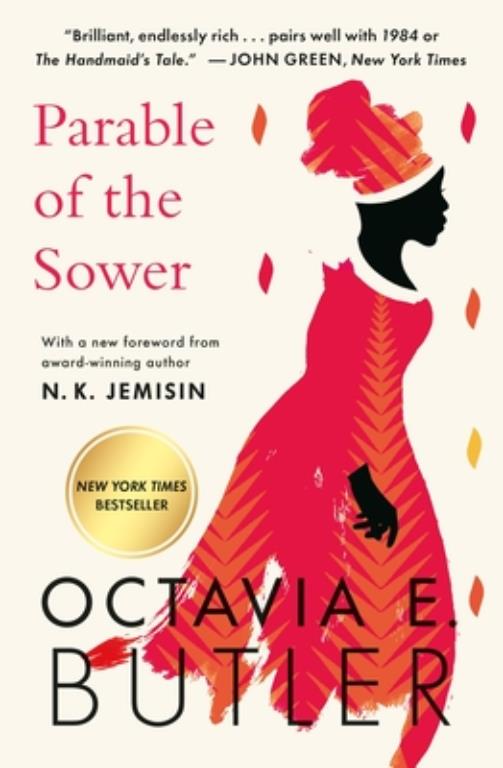
The late Octavia E. Butler is the first Black female to publish within the science fiction genre, and she was a recipient of the 1995 MacArthur “Genius” Fellowship. Butler held a power in her mind’s eye. Her ability to see into the future and impart warning to the present leaves readers entrenched in awe. Butler is hailed as the “mother of Afrofuturism,” a literary genre that, defined by the National Museum of African American History & Culture, “expresses notions of Black identity, agency and freedom through art, creative works and activism that envision liberated futures for Black life.” The Parable Series is a collection I could not put down, and I toy with the idea of tattooing the guiding philosophy, “God is Change,” below the crease in my elbow where it can serve as a reminder.
In Parable of the Sower, Lauren Olamina, age 15, is in the midst of global climate change and an American economic crisis in the early 2020s. Wrought with visuals of food and water shortages, homelessness and drug addiction, everyday citizens have been transformed into vagrants who are willing to do anything to live another day. Lauren’s access to education, community, and faith create a backbone of virtue that leads her through the constant threat to life. With staunch belief and the power of influence, Lauren charts a new destiny. The Afrofuturistic art of today — from Beyoncé’s Lemonade (2016) to Black Panther (2018), to the films of Jordan Peele — would not be here without Butler’s contribution to a genre that challenges our narratives of Black life. Parable of the Sower is being adapted into a film by A24.
Kiara Okonkwo is a writer and creative. She received a diploma in Screenwriting from Vancouver Film School and is pursuing her Bachelor of Fine Arts in Creative Writing and Media and Communication Studies. Kiara values self-expression and authenticity.

